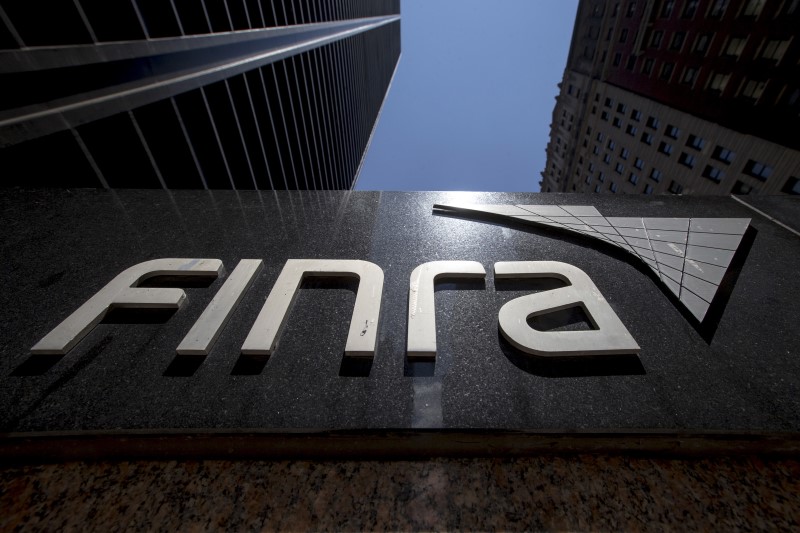By Suzanne Barlyn and Ankit Ajmera
(Reuters) - Wall Street's industry-funded watchdog is ramping up its scrutiny of high-frequency trading firms as efforts to manipulate U.S. markets through the technology grow more sophisticated, the regulator's chief said on Tuesday.
The Financial Industry Regulatory Authority will examine how well high-frequency trading firms are protecting their systems from unscrupulous traders who are trying to manipulate markets, according to a list of its 2016 examination priorities for Wall Street firms, published on Tuesday.
FINRA's heightened focus on controls in place at high-frequency trading firms coincides with the growing prevalence of a new and more complex form of spoofing, a type of manipulation that involves faking orders for a security to deceive the market by creating the illusion of demand, said Richard Ketchum, FINRA's chairman and chief executive, in an interview.
The regulator is observing more instances in which traders are using multiple firms to place those orders, Ketchum said. The strategy can make the conduct trickier to track.
Spoofing occurs when traders place orders in markets without intending to execute them. The traders immediately cancel the orders, but other market participants mistakenly believe the price of the security has moved.
In the newer, more sophisticated type of spoofing, the traders then use yet another firm to buy or sell the security at issue after they have successfully tricked the market, Ketchum said, which allows the traders to attain their target price.
The watchdog said it would also examine the "firm culture" at Wall Street brokerages.
FINRA is concerned about how brokerages take actions to promote fair and ethical treatment of customers and help mitigate conflicts of interest, the watchdog said in its "2016 examination of U.S. brokerages."
The regulator said it would mainly assess five indicators of a firm's culture and the role they play in the way brokerages conduct business.
The indicators include the handling of policy or control breaches and of departments or trading desks that might not conform to the corporate culture, and the role of senior executives in a firm's culture.
"We're not about suggesting whether there's a single pass-fail as to whether a firm has a certain culture," Ketchum said. "It's whether they comply with FINRA rules."
To that end, the regulator wants to understand how each firm's culture affects compliance and risk management practices.
FINRA routinely examines the industry's more than 4,100 securities firms to gauge their compliance with securities industry rules.
